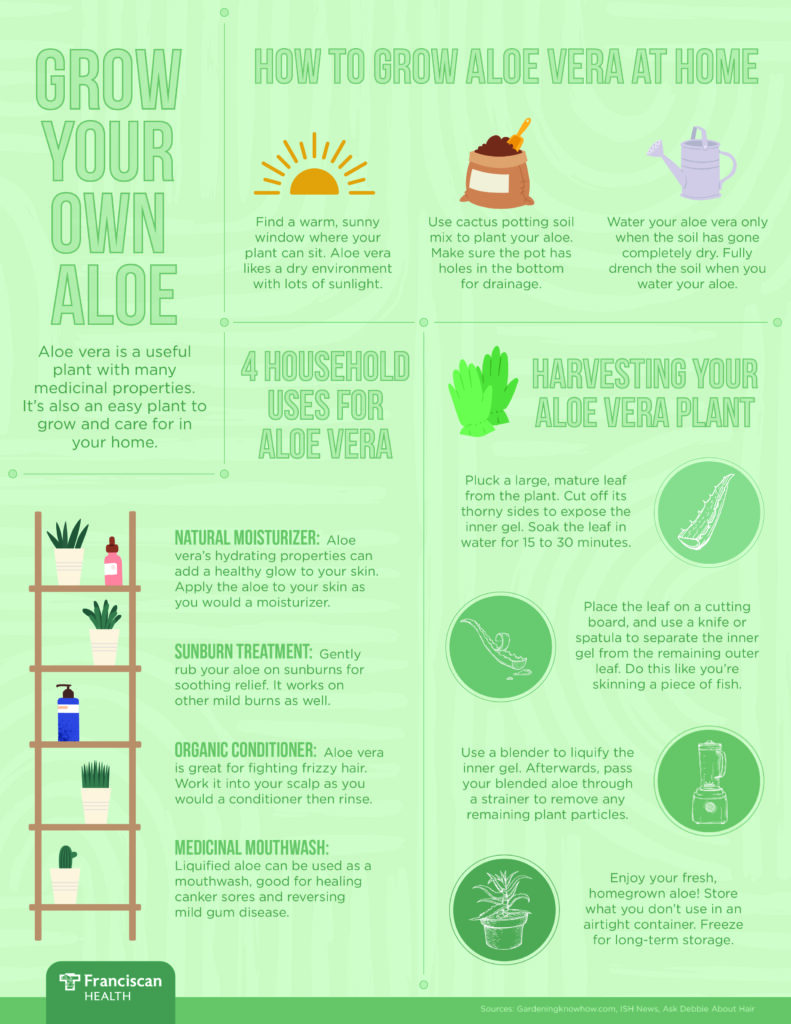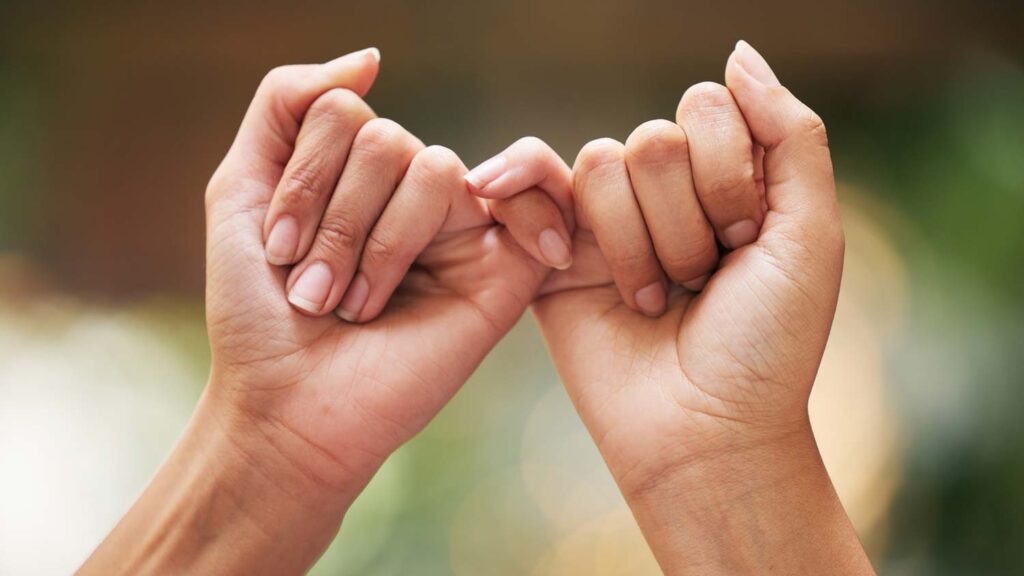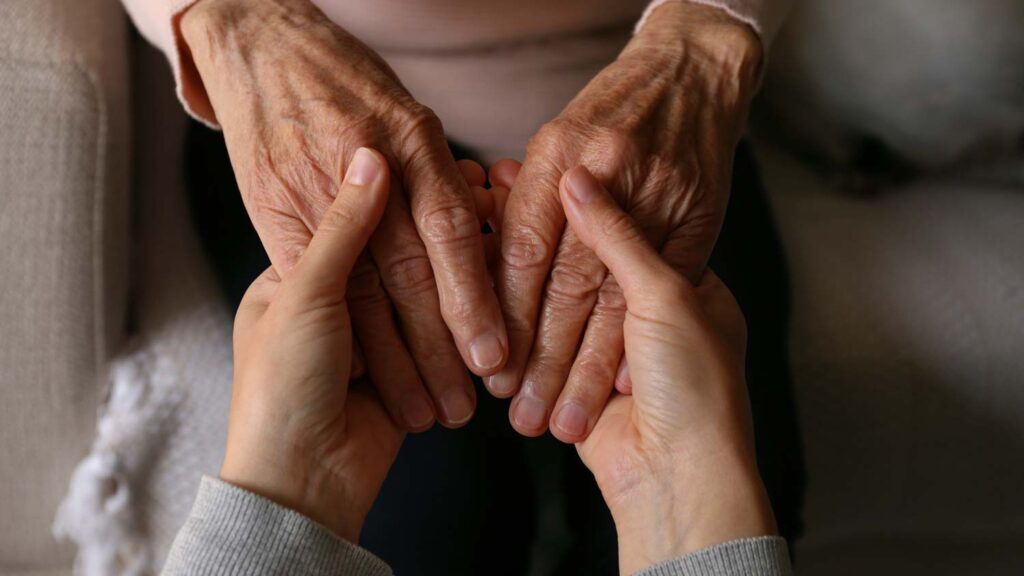What is Mono?
However, there are other times when we experience more than just fatigue. Mononucleosis, often called “mono” for short, is a viral infection that can make you feel fatigued. It’s usually caused by a virus called the Epstein-Barr virus (EBV)–a member of the herpes virus family. Mono is usually spread through close contact with someone who has it, like kissing or sharing drinks or utensils. The tricky part is that you might not even realize you’re getting it because the symptoms can take around 4 to 6 weeks to show up.
How do I know it’s Mono?
When mono does hit, you might feel really tired and worn out–more tired than your average poor night of sleep. But that’s often really hard to gauge. Some other symptoms would be a sore throat that’s super uncomfortable and swollen tonsils making it hard to swallow. It’s like having the worst case of the flu mixed with a bad sore throat. Some other symptoms that can pop up are a fever, swollen lymph nodes (those little bumps in your neck, armpits, and groin), and sometimes even a rash. It’s kind of a mixed bag of not-so-fun stuff.
What can I do about it?
If you are feeling more exhausted or fatigued than usual, it’s best to talk with your doctor about your symptoms. Usually, mono can be identified from a general screening and doesn’t need any extensive testing to be diagnosed. Your doctor will also be able to provide some specific things for you to do to help your body fight the infection.
The good news is that mono usually gets better on its own over a few weeks to a couple of months. But during that time, you’ll probably need to take it easy, get lots of rest, drink fluids, and maybe even take over-the-counter pain relievers to help with things like fever and sore throat. It’s also important to avoid close contact with others, especially because mono is contagious, and you wouldn’t want to pass it along. So, if you do get diagnosed with mono, you might have to take a break from school, work, and other activities for a bit.
Remember, even though mono can make you feel pretty awful, it’s temporary. By making sure to rest up and take good care of yourself, you’ll be back to your usual self before you know it!
Not a member?
Join for FREE!
Enjoy encouraging, motivating, uplifting content created just for women like you, all from the health care name you trust: Franciscan Health.















